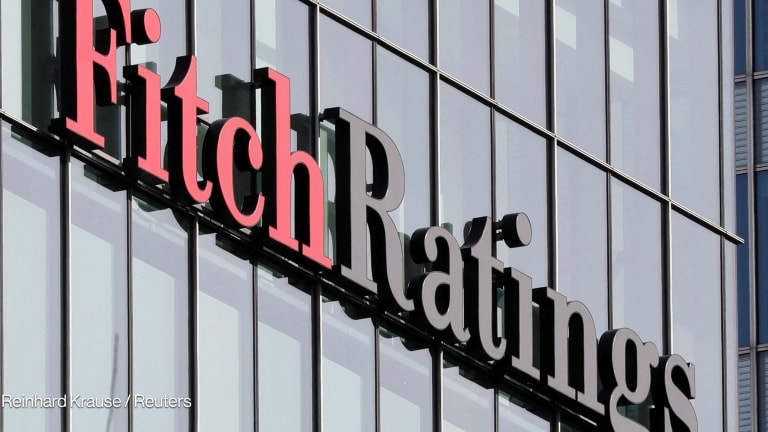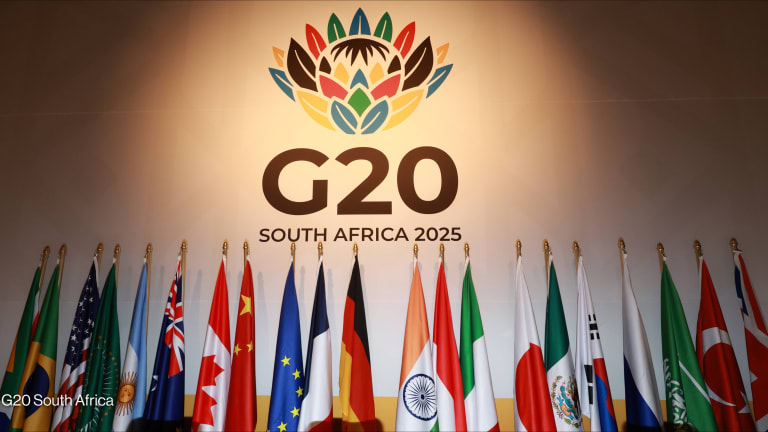More than half the countries in Africa are currently spending more on debt repayments than they are spending on health care or climate action. In December 2023, Ethiopia became the third African country after Zambia and Ghana to default on debt.
Now, the African Union has launched the Alliance of African Multilateral Financial Institutions, or the Africa Club, which the continent’s leaders hope will be a vehicle to push for global financial architecture reforms. The Africa Club plans to achieve this through advocacy in addition to driving development and financial independence on the continent.
Unlike the London and Paris Clubs whose role was to find solutions to payment difficulties experienced by debtor countries, the Africa Club’s mandate is to “drive sustainable economic development and financial self-reliance.” But some wonder whether this group will actually be able to address the issues it has been set up to tackle, and one expert called it a distraction from other priorities.








